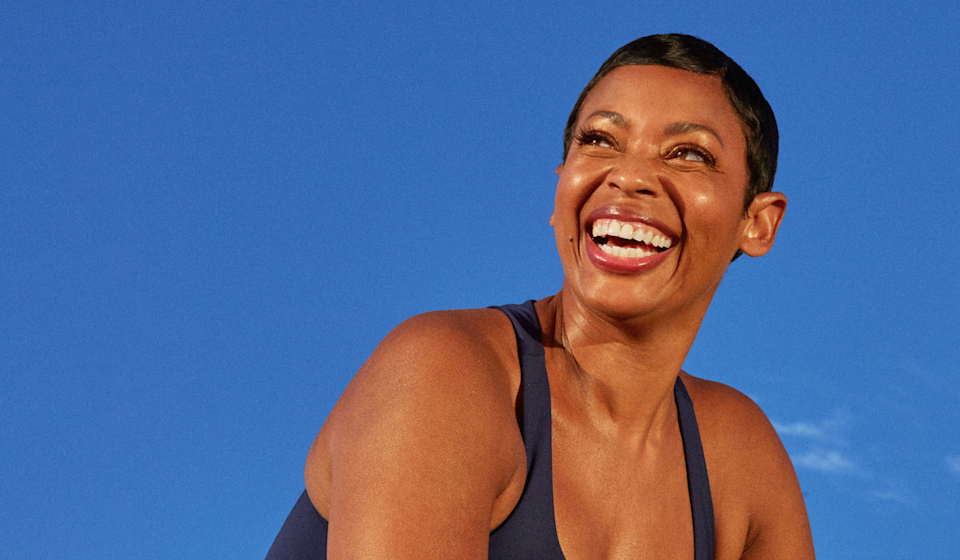Essential Takeaways
- The term “menopause” is used as a benchmark for one year since the last menstrual cycle. But the overall process can last around 3-5 years.*
- As you go through this transition, your nutrient needs change, too.*
The first thing to understand is that while we tend to use “menopause” as a catch-all term for the years-long process in which a woman stops getting her period, it’s actually not entirely accurate. If you want to get technical, perimenopause is the phase during which menstruation slows to a stop. When someone has stopped getting their period for a full year, that milestone is called “menopause”—and after that, they're in postmenopause. Make sense?
How long does this whole process last, though?
Now that we’ve broken things down into phases, it’s probably easy to understand that postmenopause is indefinite. So really, when we talk about how long menopause lasts, we’re referring specifically to perimenopause. The average age of a woman in menopause is 51, so typically, perimenopausal women begin to lose their period over the course of 3-5 years, in their late forties.*
This time might be marked by telltale physical signs. Much of these effects are byproducts of the hormonal changes your body is going through during this time.* (1)












